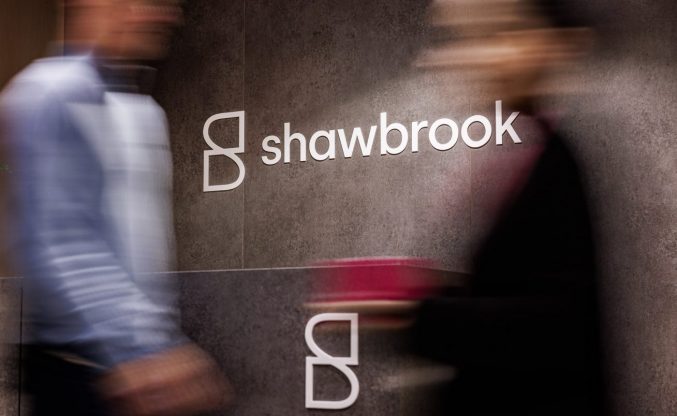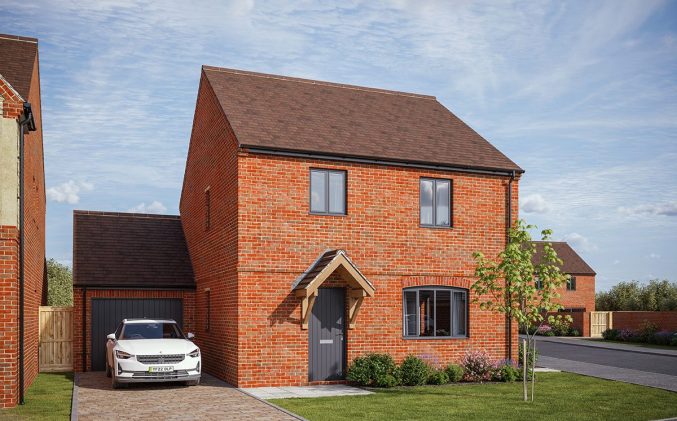Bridging loans boost property values
By Bridging Loan Directory
Funding a development project is the most popular use for bridging finance, according to the latest results from the mtf Broker Sentiment Survey.
Property investors are increasingly turning to bridging finance to fund development projects and refurbishments, taking advantage of vast liquidity on offer to improve new or existing portfolio properties and maximise the value of their assets.
A third of the 122 respondents in the latest mtf Broker Sentiment Survey said the most popular reason for taking out a bridging loan in the second quarter of this year was to fund a development project, up from 24% during the same period of 2017.
Refurbishment was the second most popular reason for getting a bridging loan at 27%, compared to 19% during the second quarter of 2017.
Investors are opting for fast and flexible bridging loans to make improvements to properties and bolster yields against a backdrop of legislation that has made it tougher to buy new properties. At the same time mainstream banks continue to reign in lending.
Some 26% of respondents said buy-to-let lending restrictions was the biggest challenge facing UK finance brokers, while 24% said it was the Government’s continued changes to buy-to-let legislation.
Due to these challenges, overall demand for bridging finance increased in the second quarter, with 38% of brokers noticing a rise in bridging loan volume, up from 30% in the first quarter of 2018.
The biggest demand for bridging loans in Q2 2018 came from the South East at 30%, followed by the midlands at 19%.
Gareth Lewis, pictured, Commercial Director at mtf, said:
“With mainstream lenders implementing tougher affordability restrictions, it has been harder for investors to access funds and the feedback from our brokers suggests that more are turning to bridging finance as a result. In particular, investors are looking to add value to a property rather than purchase a property as a straight forward portfolio investment.
“This trend is evidently not just limited to light and decorative refurbishment, but also property conversion, extensions, reconfiguration and smaller scale ground up developments.
“We believe we will continue to see a substantial rise in the demand for development and refurbishment products throughout the rest of the year.”











You must be logged in to post a comment.